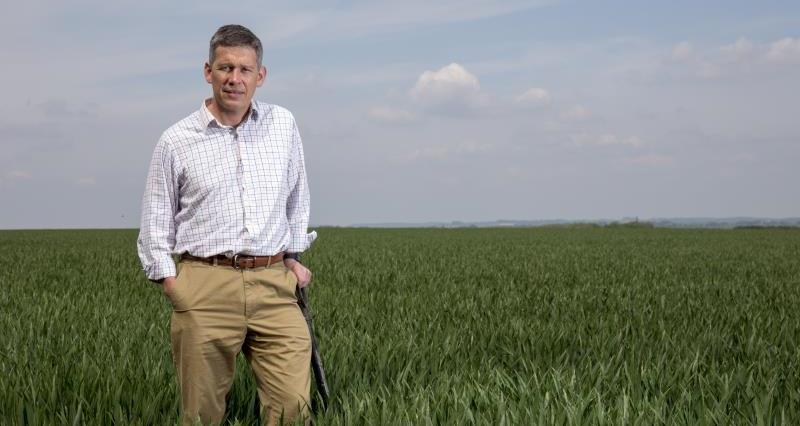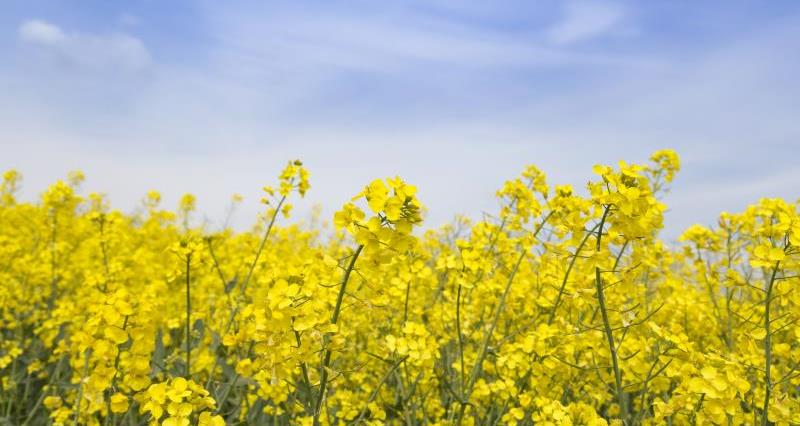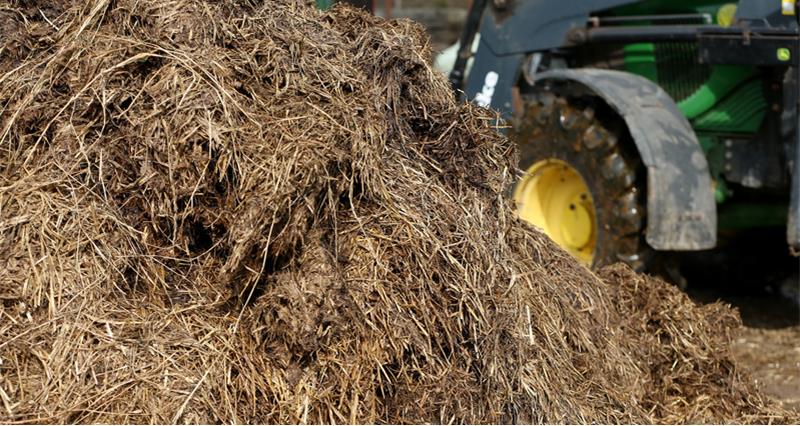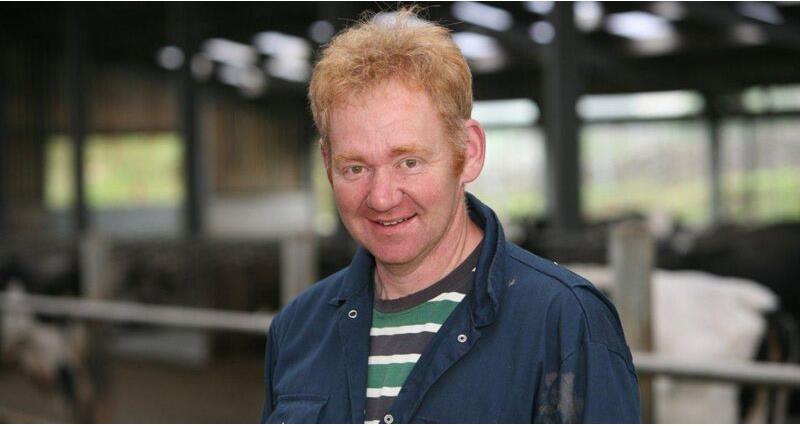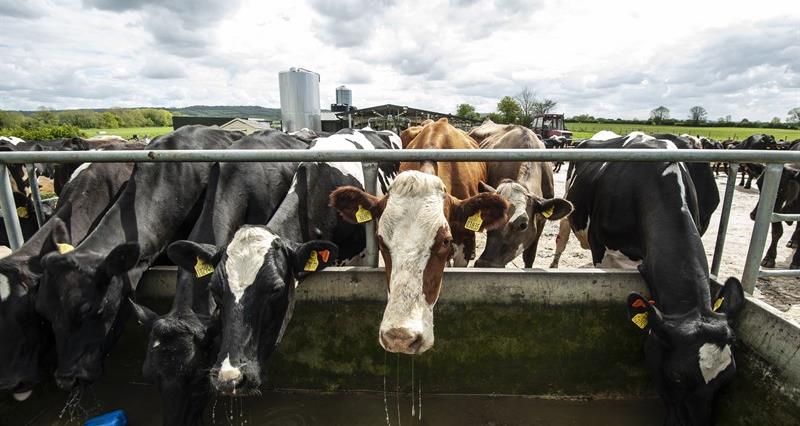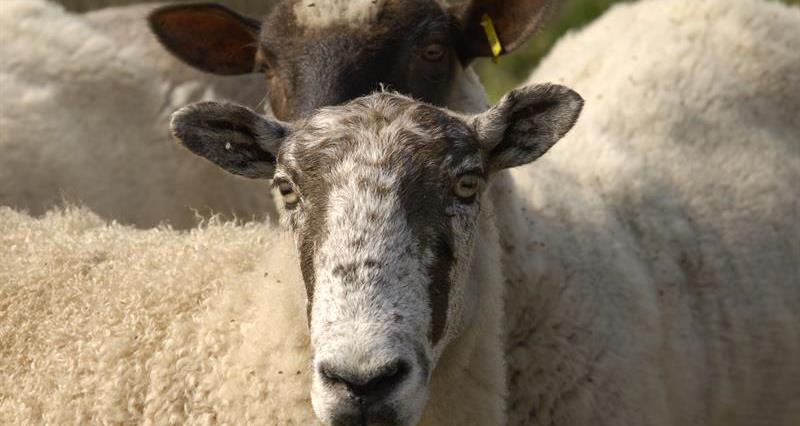For us, the massive increase in the cost of fertiliser has made us question again the value of organic manures to our arable business.
Unlike the previous farmers featured in this series, we no longer have a source of organic manure within our business and therefore it all has to be purchased.
Historically, the farm was a mixed farm, like the majority still are in our area, with beef and sheep. All the manure would be spread around the farm. And even though there is still a large quantity of manure produced in Shropshire, I have yet to find the mountain of unutilised manure which some of our politicians think exists.
Digested sewage cake
We have been using digested sewage cake supplied by Severn Trent for the past 15 years, and have not applied any bagged phosphate fertiliser in that period. We now target its use in front of oilseed rape, as it supplies nitrogen, sulphur and phosphate. It also gets the OSR off to a good start and seems to help deter cabbage stem flea beetle.
We have also used poultry litter in the past, and, on some land, would alternate chicken litter with sewage cake on an annual basis.
Challenges, benefits and changes
At one stage, two-thirds of the land would get an application of manure and this had its challenges as well as the obvious benefits.
The main challenge was the reliance on contractors to spread the muck. Their heavy workload meant that they couldn’t always spread at the most convenient time for us which then compromised the crop establishment and outweighed the benefit of the manure.
Now, with the increased pressure to incorporate manures in a shorter timeframe, it would be very difficult to manage, as the contractors are able to spread the manure much faster than we are able to incorporate it.
Direct drilling
We have also taken the decision to move to a direct drilling establishment, to try to improve our soil health and structure during the past five years. This makes it more difficult to use manures without cultivating the soil.
Another change on the farm is a switch from 100% autumn-sown crops to a mix of autumn and spring crops. On our land, it is more difficult applying manures in the spring than the autumn.
We are also now chopping more straw and using it to add organic matter back to the soil rather than selling the straw and buying the muck back. The chopped straw is not as rich an organic matter source as the muck, but we have avoided the effects of the machinery on the soil removing the straw, spreading the muck and incorporating the muck.
To return to the question posed in the title of this piece – to spread or not to spread? For us, the answer is yes, but in a more targeted way and at the same time returning as much organic matter back to the soil as possible.
